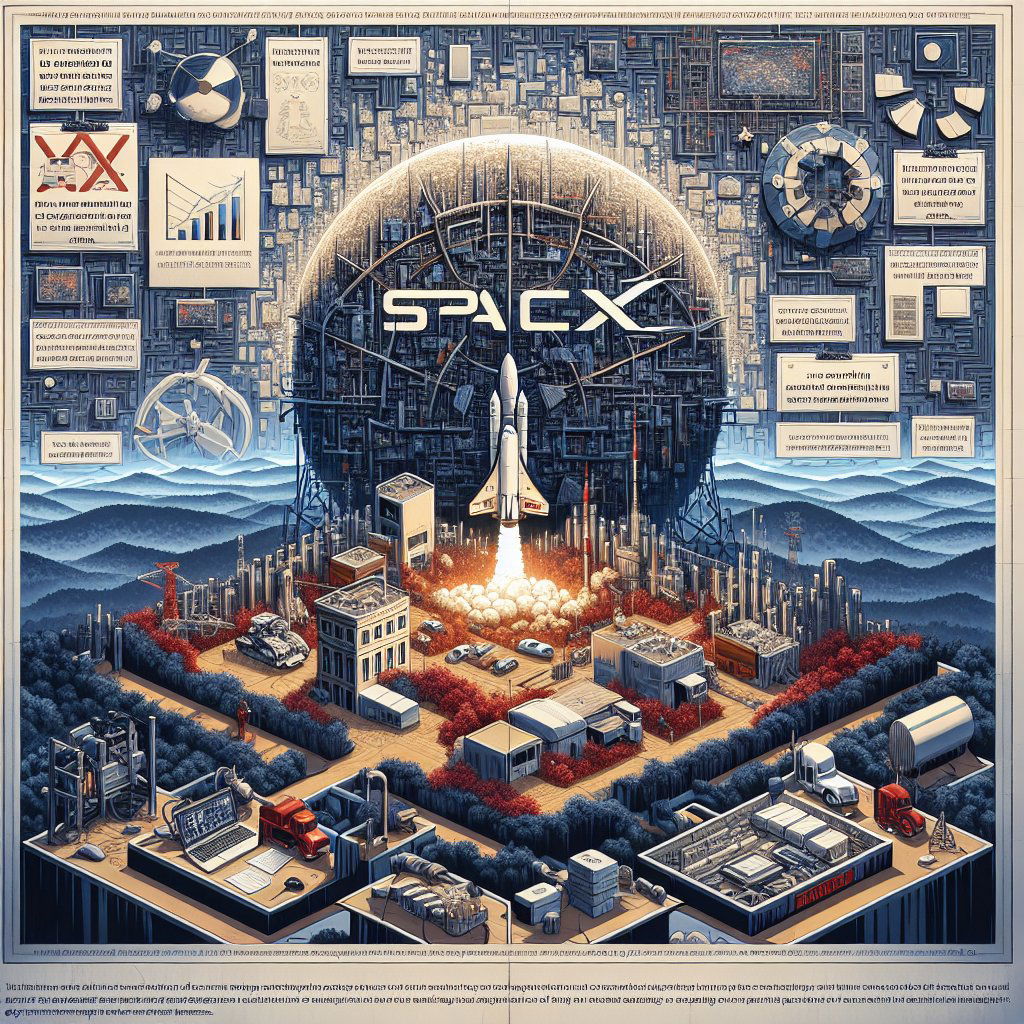Image: AI generated for illustration purposes
ICASA Deems SpaceX’s Starlink Services Illegal in South Africa
The South African telecommunications landscape was rattled by a stark warning from the Independent Communications Authority of South Africa (ICASA), as the regulatory body declared the use of SpaceX’s Starlink services without appropriate licensing to be illegal in the nation. In a clear and unambiguous statement published in the Government Gazette, ICASA, acting under the stewardship of chairperson Yolisa Kedama, aimed to clarify the legal predicaments surrounding the groundbreaking satellite internet service provided by Elon Musk's space venture.
ICASA's warning underscores the legal repercussions of operating or facilitating access to Starlink's services in South Africa without the necessary service and radio frequency spectrum licenses. These licenses are essential, as stipulated by the Electronic Communications Act (ECA), and the absence of such licenses constitutes a severe breach of national regulations. Those found infringing upon these rules may face substantial fines that could amount to as high as R5 million or 10% of their annual turnover, with additional penalties accruing for each day the offense continues.
Beyond the financial consequences, ICASA highlighted the technical repercussions of utilizing non-type-approved equipment, such as Starlink's unlicensed components. The regulator emphasized the risks of harmful interference to the radio frequency spectrum, potential operational dissonance causing equipment dysfunction, and even the hazards of explosions or implosions endangering consumer safety.
In a broader context, the regulatory framework in South Africa requires entities like SpaceX to obtain Individual Electronic Communications Service (I-ECS) and Individual Electronic Network Service (I-ECNS) licenses to operate legally. ICASA clarified that there is no standing open call for applications for these licenses; instead, the authority must issue specific invitations to apply.
The narrative becomes even more tangled when one understands that ICASA has not extended such invitations for over a decade, leaving potential new market entrants in a challenging position. Organizations like government-owned Broadband Infraco, which has been unable to acquire an I-ECS license on its own, have resorted to purchasing licenses from existing holders, a pathway officially recommended by ICASA. Despite the ease of a license transfer fee, the significant costs demanded by existing license holders and the lengthy application process exacerbate the barriers to entry.
This status quo has elicited criticism from the Internet Service Providers Association of South Africa (Ispa), with the regulatory advisor Dominic Cull denouncing the stifling effect on small businesses and the broader transformation within the sector. The concept of license transfers, while financially burdensome, has not been addressed adequately by the regulatory body or the communications minister, leading to a stagnation of progress and innovation within the industry.
In conclusion, while ICASA acknowledges the potential of technologies like Starlink to close the digital divide and advance universal service, it insists on compliance with the country's stringent regulatory framework. The responsibility to adhere to the legislative standards as outlined in the ECA is unequivocal, and the advancement of technological services must occur within these prescribed boundaries.










